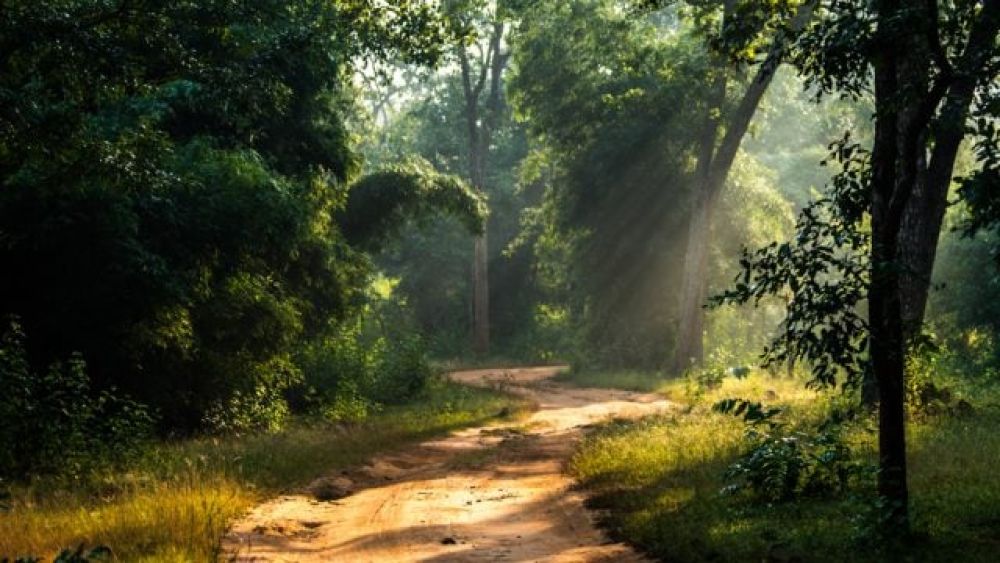

Nestled in the heart of India, the Pench National Park in Madhya Pradesh is a stunning testament to the subcontinent's rich biodiversity and vibrant wildlife. A significant part of this park is the Alikatta region, which plays a central role in Pench's ecosystem and its tourism story.
Pench National Park, spread across two states, Madhya Pradesh and Maharashtra, became a sanctuary in 1977, but it was not until 1983 that it was established as a national park. It gained prominence as a tiger reserve under the Project Tiger in 1992. However, the history of tourism in Pench, specifically in Alikatta, began to flourish much later as the infrastructure for wildlife tourism started to improve.
Named after the indigenous Pench river, the park, including Alikatta, became a backdrop to Rudyard Kipling's famed creation - the 'Jungle Book,' which bolstered its international fame. However, Alikatta only emerged as a hub for tourists seeking the thrill of wildlife safaris and the pleasure of spotting the Royal Bengal Tiger in its natural habitat in the early 21st century.
The Alikatta area is often referred to as the heart of Pench National Park. It's known for its large open grasslands and the grand Alikatta plateau, a frequented spot during wildlife safaris. This is where animals often come to graze, providing tourists with substantial opportunities to observe various species in their natural environment.
The primary attraction here is the jeep safari, which offers glimpses of leopards, Indian bison, sambar, and of course, the majestic tiger. The elephant safari is another sought-after experience, allowing visitors to traverse through dense forests and rugged terrains not easily accessible by vehicles.
In the past few years, Alikatta and Pench National Park have seen a rise in eco-friendly tourism practices. There is a growing trend of resorts and lodges around the park adopting sustainable practices such as solar energy, organic farming, and waste management.
Another emerging trend is the focus on experiential tourism. Tourists can now engage in activities like nature walks, bird watching, night trails, and tribal dances, providing them with immersive experiences that go beyond conventional safari rides. There’s also a growing interest in the conservation efforts and educational tours that enlighten visitors on wildlife protection.
In recent years, photography workshops have surged in popularity. Wildlife enthusiasts and professional photographers flock to Alikatta to capture the enigmatic beauty of the wild inhabitants and scenic landscapes. These workshops are often led by renowned naturalists and photographers.
Alikatta's importance in the realm of wildlife tourism is profound. It reflects the evolving nature of travel and the quest for sustainability. The historical evolution of tourism in Pench National Park and Alikatta is a testament to the region's ability to adapt and thrive while preserving its natural treasures for generations to come.